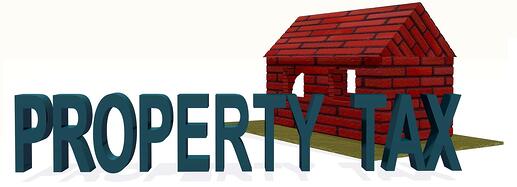The Clayton County property tax authorities particularly the Board of Assessors have the responsibility of ensuring the equitable and reasonable valuation of all taxable real and tangible business personal property in their jurisdiction. You are probably wondering exactly what processes and procedures the Board uses in the determination of the appraised and, thus, of the assessed values for all taxable property in Clayton County.
Your chances at winning your assessment appeal may well hinge on these factors that affect appraised values. You can discuss these factors in an in-depth manner with your tax consultant but it pays to know them, too.

Present Cash Value
The Clayton County property tax assessors will first look at the property’s present cash value, which refers to the amount of money that a willing purchaser will pay to a willing seller for the property. The cash value excludes the costs of purchase, such as closing fees. The purchase price should be expressed in terms of cash or cash equivalent and should be arm’s length transactions for all intents and purposes.
Highest and Best Use
Aside from the present cash value, the appraiser also uses the highest and best use of the property in the immediate future as well as its present use. The appraiser will consider any applicable legal limitations, land use regulations on the state and local levels, and moratoriums imposed by law, ordinances, and proclamations, among others. These factors are considered because these can restrict or prohibit the development of the property, such as in zoning regulations.
Qualities of the Property
The appraiser will also use the innate qualities of the subject property in determining its fair market value. These qualities include the property’s location, land size, topography, and building size, building type, quality of construction, age, and depreciation. An accurate improvement description is essential to the development of a cost approach to value.
Comparable Sales
The appraiser will use the net proceeds of a comparable property’s sale. Net proceeds means the appraiser adjusts the sale price for a typical financing and unreasonable closing costs. The appraiser may adjust the sale price for time if the sale took place some time ago and the market is changing quickly. In most cases, the appraiser will exclude the portion of the sale price that can be attributed to payment for personal property items, such as household furnishings.
The Clayton County property tax assessors then compare the adjusted sale price to their appraised value. The “sale ratio” is appraised value divided by sale price. If within the subject neighborhood many of these sale ratios are low, say under 90%, then the assessor’s staff will raise all of the values in the neighborhood. Georgia tax law states that on average (actually on the median) a county’s sale ratio must be higher than 90% or they have to pay the state a penalty.
As a result the appraised value of your real property can change from one year to the next. Market values will change as a result of several factors, including but not limited to economic growth in the region, the increase in demand for housing, and any improvements to the property itself. You may also point out these factors when discussing the increase in your property’s assessed values with the Clayton County property tax authorities. If you think your property is over assessed, contact Fair Assessments, LLC now for assistance on a property tax appeal.



